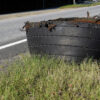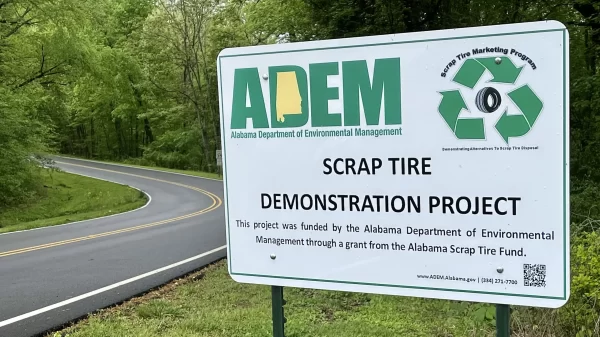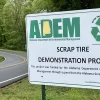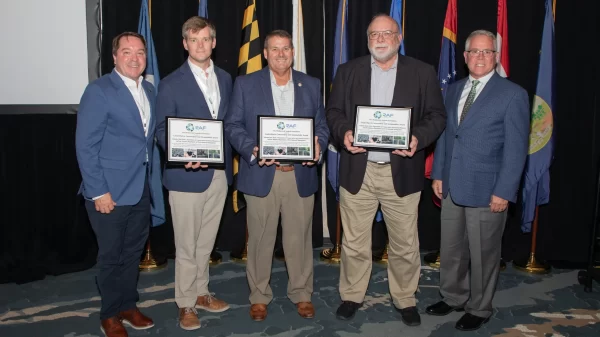Imagine, if you will, that your home is burglarized and you happen to catch the break-in on your surveillance video.
You take it to the cops. They quickly ID the perpetrators of the crime.
But instead of arresting the burglars, the cops tell you that they’re going to allow the burglars to go back to your house, assess any potential damage, decide if they did anything wrong and then send a report to the cops letting them know how the burglars plan to punish themselves.
Sound ridiculous?
Well, then you must be unfamiliar with the Alabama Department of Environmental Management.
Because that’s how ADEM — the thin line of defense between average Alabama citizens and big corporations dumping polluting our water, air and dirt — plays it.
If that sounds unbelievable, you probably haven’t watched WHNT’s Chelsea Brentzel’s stories recently on 3M and its top secret dump sites around Lawrence County. Sites where, in the dark of night, the company hauled off truck loads of waste, rolled up to an empty field alongside a county road and dumped it.
Multiple sites.
Hundreds of acres.
Dozens of truckloads.
Brentzel, who has been chasing 3M pollution stories in north Alabama since an entire community was warned by its water service not to drink the tap water, came across the dump site info by way of concerned neighbors who noticed their neighbors quickly moving out of their home one night. When they inquired about what was going on, the folks moving out told them a weird story.
They had discovered an old dump site on their property. 3M had quickly swooped in, paid them a hefty sum for the property and they were moving on.
This wasn’t the only piece of property like it.
If you’re wondering — and given Alabama’s lax environmental regulations, it would be more than fair to wonder — it is illegal even in this state to dump hazardous waste inappropriately. And “in a random field” qualifies as inappropriately.
So, after hearing these stories, Brentzel contacted ADEM to see what they planned to do about this.
Send the cavalry, with test tubes and subpoenas. Get samples. And then bust some environmental evil-doers.
Right?
Not quite.
ADEM told WHNT that it had been in contact with 3M — the burglars in the above analogy — and 3M was investigating what occurred. 3M was going to test the sites, ADEM said, and then get back to ADEM to let the agency know what they found and what they planned to do about it, if anything.
I’m going to go out on a limb — hopefully not one near a 3M secret dump site — and guess that 3M isn’t going to bring the hammer down on 3M.
What a ridiculous joke.
You know, this state is filled with people who love the outdoors. We hunt and fish and have the most “salt life” car window stickers per capita than any other state. And yet, this is how we treat our environment.
By not caring enough to even demand that the one body charged with oversight of these companies and our land, water and air does its damn job.
How many times does ADEM have to fail us before we demand and force changes? We already can’t swim in parts of most of the rivers in this state. We can’t eat the fish from some of them. We can’t drink the tap water in some places. Our children can’t play in the dirt in some cities. We’ve got 18th-century diseases reemerging in the Black Belt.
And through it all, ADEM has consistently, almost without fail, been on the wrong side. There to explain away the corporation’s actions. There to explain why it’s probably not what it seems. There to offer a more “cost effective” solution to people dying.
In the weeks since WHNT and Brentzel first reported the illegal dump site, ADEM has done nothing. But Brentzel has. She tracked down a truck driver who actually dumped the stuff for a 3M contractor. He showed her exactly where he dumped it, told her how many times he made trips out there to dump the waste.
She called ADEM with the info.
They’re still waiting to hear back from 3M.
Any day now.























































